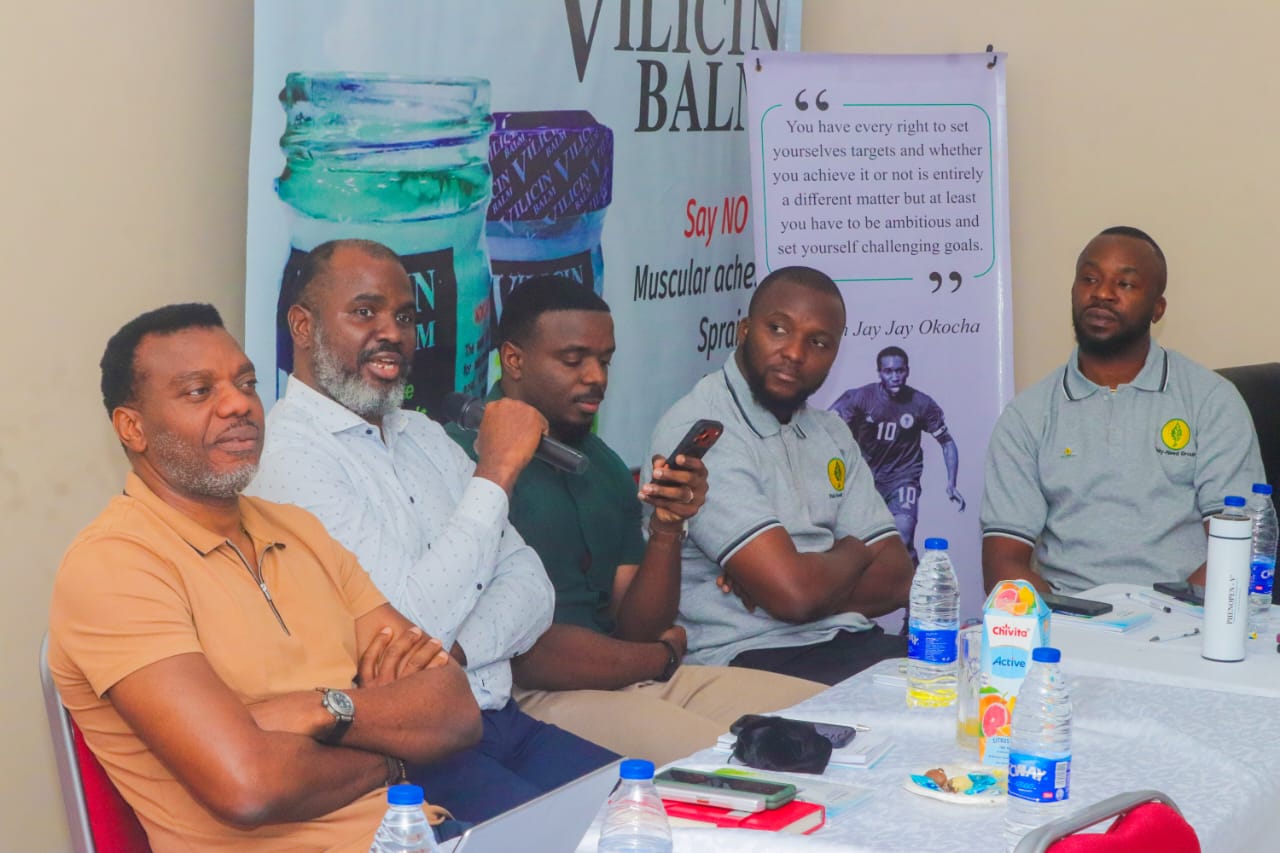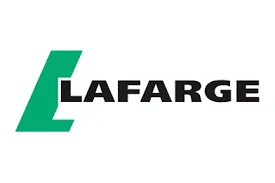At IGRA Conference, Gbajabiamila Advocates Collaborative Synergy To Combat Money Laundering, Terrorism Funding, Syndicate Gaming
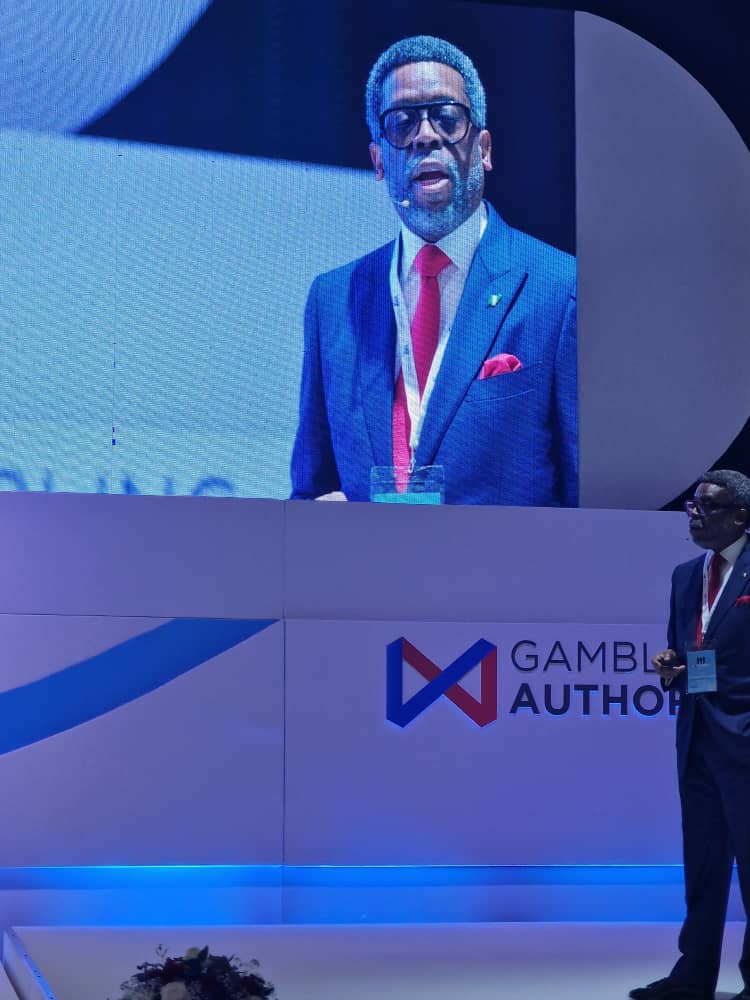
In an effort to address the mounting challenges faced by the African gaming industry, Lanre Gbajabiamila, the Director General of the National Lottery Regulatory Commission, on Tuesday presented a compelling paper at the ongoing 2023 International Gaming Regulators Association (IGRA) Conference taking place in Botswana.
In his presentation, Gbajabiamila emphasized the urgency of addressing the issues of money laundering, terrorism financing, and syndicate gaming, all of which are threatening to undermine the potential of the gaming industry in Africa.
According to him, the African gaming industry has demonstrated its capacity to drive economic growth, generate employment, attract foreign investments, and promote tourism.
“The African gaming industry’s rapid expansion is marred with challenges that need urgent attention. Although it has great potential and has emerged as a crucial driver of economic growth and government revenue.
“It possesses the capacity to generate employment opportunities, attract foreign investments, promote tourism, improve income, technological advancements, and an increasing interest in gaming activities.
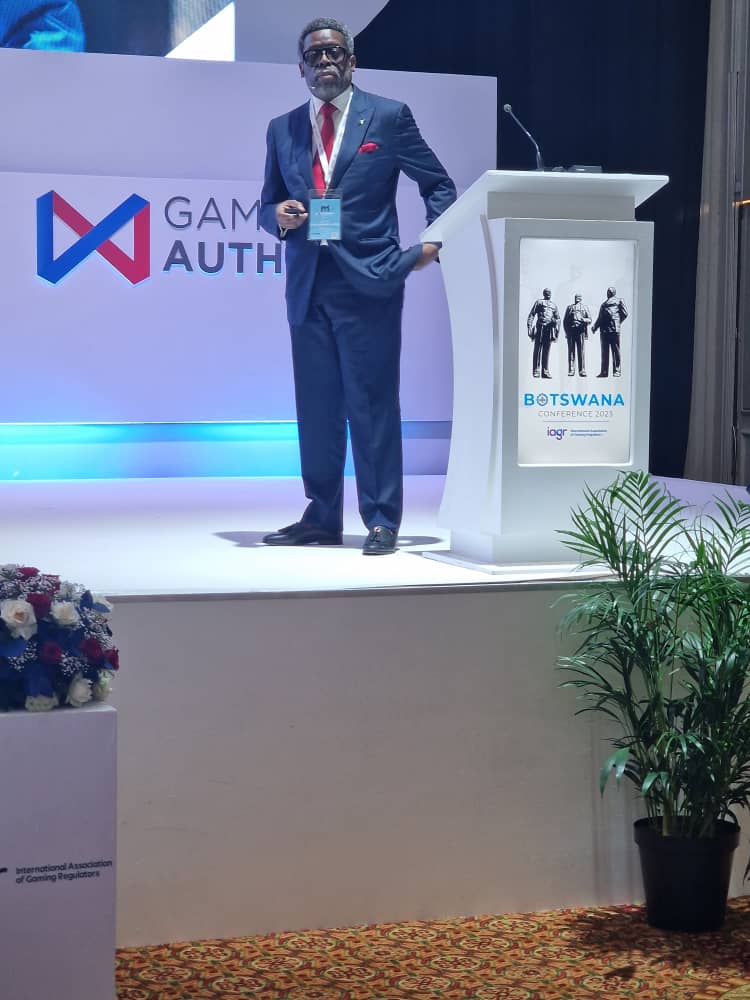
“In the same vein, terrorists can exploit this industry to finance their operations covertly. However, the gaming industry comes with risks, such as, money laundering which allows criminals to hide their illegally obtained funds by disguising them as legitimate winnings from gambling activities,” Gbajabiamila said, adding that it also carries the risk of being exploited for money laundering and financing terrorist activities which necessitates the implementation of stringent regulations to combat money laundering while fostering innovation in the gaming sector.
He highlighted several critical issues, including the lack of synergy among African states and the absence of robust global standards to monitor money laundering.
The NLRC DG said further that regulatory disparities among African nations create vulnerabilities that can be exploited by criminals and to address these challenges, Gbajabiamila called for collaboration in implementing “Know Your Customer” (KYC) procedures, ensuring the reporting of suspicious transactions, conducting regular audits, and promoting information sharing among regulatory bodies.
Syndicate gaming, involving illegal gambling activities operated by organized criminal groups, poses another threat and Gbajabiamila advocated for stronger regulations, information sharing, and regional cooperation to tackle this issue.
Gbajabiamila proposed solutions to include the harmonization of gaming regulations, enhanced financial intelligence units, public awareness campaigns, the utilization of technology, strengthening legal frameworks, and the establishment of specialized units. He added that international cooperation and capacity building are also vital aspects of the strategy.
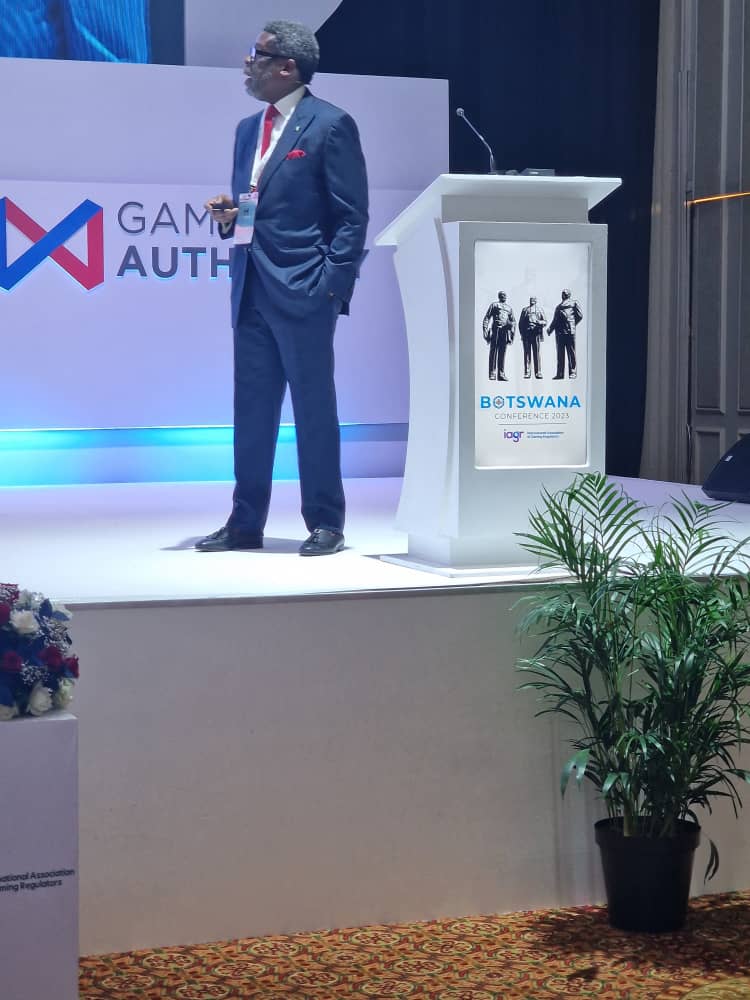
Gbajabiamila’s concluded his presentation by emphasizing the need for African countries to work together to combat these threats, and the establishment of the Africa Gaming Regulators Association (AGRA) and the West Africa Gaming Regulators Association (WAGRA) to facilitate regional cooperation and collaboration.
According to him, these associations will play a crucial role in information sharing, developing standard guidelines, and advancing regulatory efforts to combat money laundering, gambling-related crimes, and other illicit activities within the African gaming industry.
He concluded by saying that “the fight against money laundering, terrorism financing, and syndicate gaming in the African gaming industry requires close coordination among African nations, a strong legal framework, and robust enforcement mechanisms. The establishment of AGRA and WAGRA is a significant step toward achieving these objectives.”







